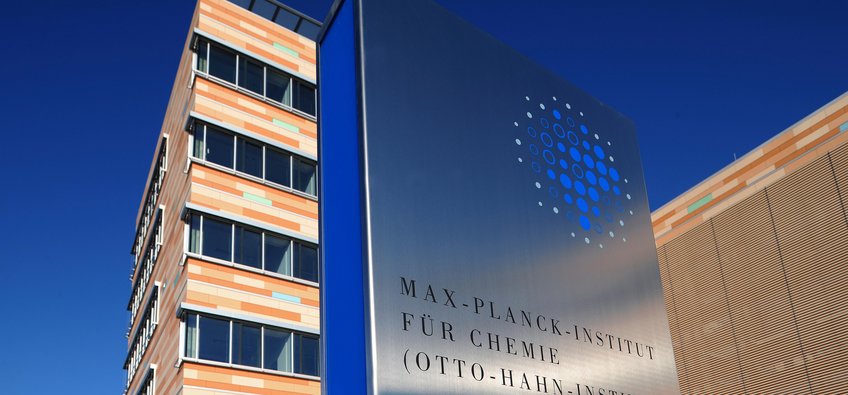
Max Planck Institute for Chemistry
Current research at the Max Planck Institute for Chemistry in Mainz aims at an integral understanding of chemical processes in the Earth system, particularly in the atmosphere and biosphere. Our scientists explore the interactions of the climate, ocean, and atmospheric systems from geologic to annual time scales. Investigations address a wide range of interactions between air, water, soil, life and climate in the course of Earth history up to today´s human-driven epoch, the Anthropocene.
Contact
Hahn-Meitner-Weg 155128 Mainz
Phone: +49 6131 305-0
Fax: +49 6131 305-1309
PhD opportunities
This institute has no International Max Planck Research School (IMPRS).
This institute offers two structured graduate programs.
The Paul Crutzen Graduate School (PCGS) at the MPI for Chemistry is a PhD program in Earth System Sciences. Lectures, workshops, soft-skill courses, an annual PhD symposium and summer schools enable PhD students in an individual program to expand their knowledge and skills beyond the research topic of the PhD project.
Through the Max Planck Graduate Center (MPGC) in cooperation with the Johannes Gutenberg University Mainz, a framework is also provided for PhD topics that are simultaneously supervised at different faculties. The MPGC represents a virtual interdisciplinary faculty with its own doctoral regulations.








